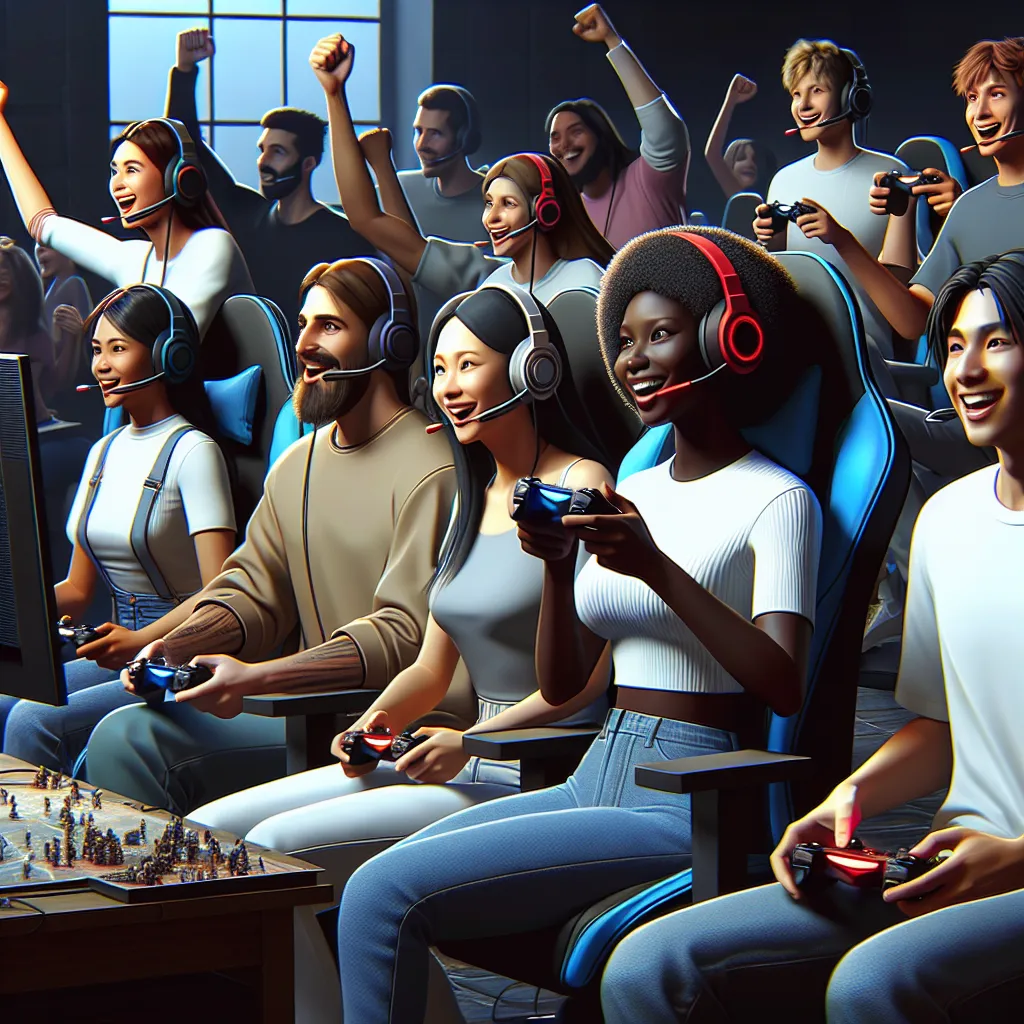The Influence of Online Gaming on Social Connection and Mental Well-being
Online gaming has become a significant part of many people’s lives, providing not only entertainment but also a sense of community and social connection. The impact of online gaming communities on mental health, particularly in terms of social connection and mental well-being, has drawn increasing attention from researchers and mental health professionals.
Engaging in online gaming often involves interacting with other players, collaborating on tasks, and forming alliances, which can lead to the development of strong social connections. These connections have the potential to alleviate feelings of loneliness and isolation, especially for individuals who may have difficulty forming relationships in traditional social settings. The sense of belonging to a community of like-minded individuals who share a common interest can contribute to a sense of social support and understanding.
Research has indicated that the social interactions within online gaming environments can have positive effects on mental well-being. The collaborative nature of many online games can promote teamwork, communication, and problem-solving skills, which are beneficial for psychological resilience and self-esteem. Furthermore, the sense of achievement from progressing in the game and the social recognition from peers can positively impact one’s mood and overall mental health.
However, it is important to note that excessive gaming and an overreliance on online communities for social interaction can also have negative consequences for mental health. For some individuals, excessive gaming may lead to social isolation, disrupted sleep patterns, and neglect of real-life responsibilities, which can contribute to mental health issues such as anxiety and depression.
In conclusion, online gaming communities can exert a significant influence on social connection and mental well-being. When engaged in responsibly, online gaming can provide a platform for social interaction, collaboration, and a sense of belonging, ultimately contributing to positive mental health outcomes.
Understanding the Relationship Between Online Gaming Communities and Mental Health
Understanding the relationship between online gaming communities and mental health is a crucial aspect of studying the impact of these communities on individuals. Online gaming has become an increasingly popular form of entertainment, leading to the development of intricate and diverse communities. These communities serve as platforms for social interaction, collaboration, and competition, offering a sense of belonging and identity to their members.
Research has shown that active engagement in online gaming communities can have both positive and negative effects on mental health. On the positive side, these communities can provide social support, a space for self-expression, and the opportunity to build meaningful relationships with like-minded individuals. However, excessive gaming and the associated community involvement can lead to negative consequences, such as social isolation, addiction, and increased stress and anxiety.
Understanding the dynamics within online gaming communities is essential for identifying potential risk factors and protective factors for mental health. Factors such as community norms, leadership styles, and the presence of supportive resources can significantly influence the well-being of community members. By understanding these dynamics, researchers and mental health professionals can develop strategies to promote positive mental health within online gaming communities and mitigate potential harms.
Ultimately, the relationship between online gaming communities and mental health is complex and multifaceted. As the popularity of online gaming continues to grow, further research and awareness of the mental health implications of these communities are necessary to create a balanced and healthy gaming environment for all participants.
Exploring the Psychological Effects of Engaging in Online Gaming Communities
Engaging in online gaming communities has become a prevalent aspect of modern society, offering players a platform for social interaction, teamwork, and competition. However, the psychological effects of immersing oneself in these virtual worlds have garnered increased attention from researchers and mental health professionals. Exploring the impact on mental well-being, studies have delved into the emotional and cognitive repercussions of online gaming communities.
One significant psychological effect is the sense of belonging and social connection that online gaming communities can provide. For many individuals, these virtual spaces offer a supportive environment where they can form friendships, collaborate with like-minded individuals, and share common interests. This social interaction can contribute positively to mental health, providing a sense of camaraderie and belonging that may be lacking in other areas of an individual’s life.
On the other hand, excessive engagement in online gaming communities has been associated with negative psychological outcomes, such as increased feelings of social isolation, anxiety, and depression. The immersive nature of online games, coupled with the pressure to perform and succeed within the community, can lead to heightened stress levels and a distorted sense of reality. Furthermore, the sedentary nature of prolonged gaming sessions can contribute to physical health issues, which in turn can impact mental well-being.
Moreover, the addictive potential of online gaming communities has raised concerns about their impact on individuals’ mental health. The constant stimulation and reward systems within these virtual environments can lead to compulsive behaviors and difficulty disengaging from the digital realm. This can result in disrupted sleep patterns, neglect of real-life responsibilities, and a deterioration of mental health.
In conclusion, the psychological effects of engaging in online gaming communities are multifaceted. While these communities can offer a sense of belonging and social support, excessive involvement may lead to detrimental outcomes for mental health. As the popularity of online gaming continues to rise, further research and awareness are necessary to understand and address the psychological implications for individuals involved in these virtual communities.



